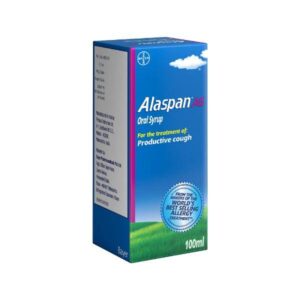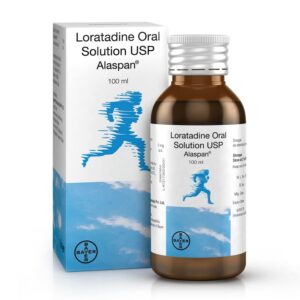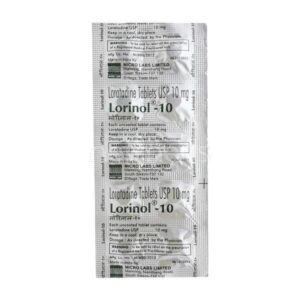LORATADINE
LORATADINE: Loratadine is an antihistamine drug that is commonly used to relieve symptoms associated with seasonal allergies, such as sneezing, runny nose, itchy or watery eyes, and itching of the nose or throat. It belongs to the class of drugs known as second-generation antihistamines.
The main mechanism of action of loratadine is that it blocks the action of histamine, a chemical that is released by the body in response to an allergic reaction. By inhibiting the histamine receptors, loratadine helps to reduce or prevent the symptoms caused by histamine release.
Loratadine is usually taken orally in the form of tablets or liquid. The recommended dose for adults and children 6 years and older is typically 10 mg (one tablet) once daily. For children 2-5 years old, the recommended dose is 5 mg (half tablet or 1 teaspoon of liquid) once daily. It is important to follow the dosing instructions provided by your doctor or the package labeling.
Common side effects of loratadine include drowsiness, dry mouth, headache, stomach upset, and fatigue. However, these side effects are generally mild and temporary. Serious side effects are rare but can include rapid or irregular heartbeat, difficulty urinating, or severe allergic reactions.
It is important to note that loratadine may interact with other medications, including certain antibiotics, antifungal drugs, and medications that affect the liver. Therefore, it is important to inform your doctor or pharmacist about all the medications you are taking before starting loratadine.
Overall, loratadine is a widely used antihistamine drug that helps to relieve symptoms of seasonal allergies. It is generally safe and effective when used as directed, but it is always recommended to consult with a healthcare professional for personalized advice and guidance.



